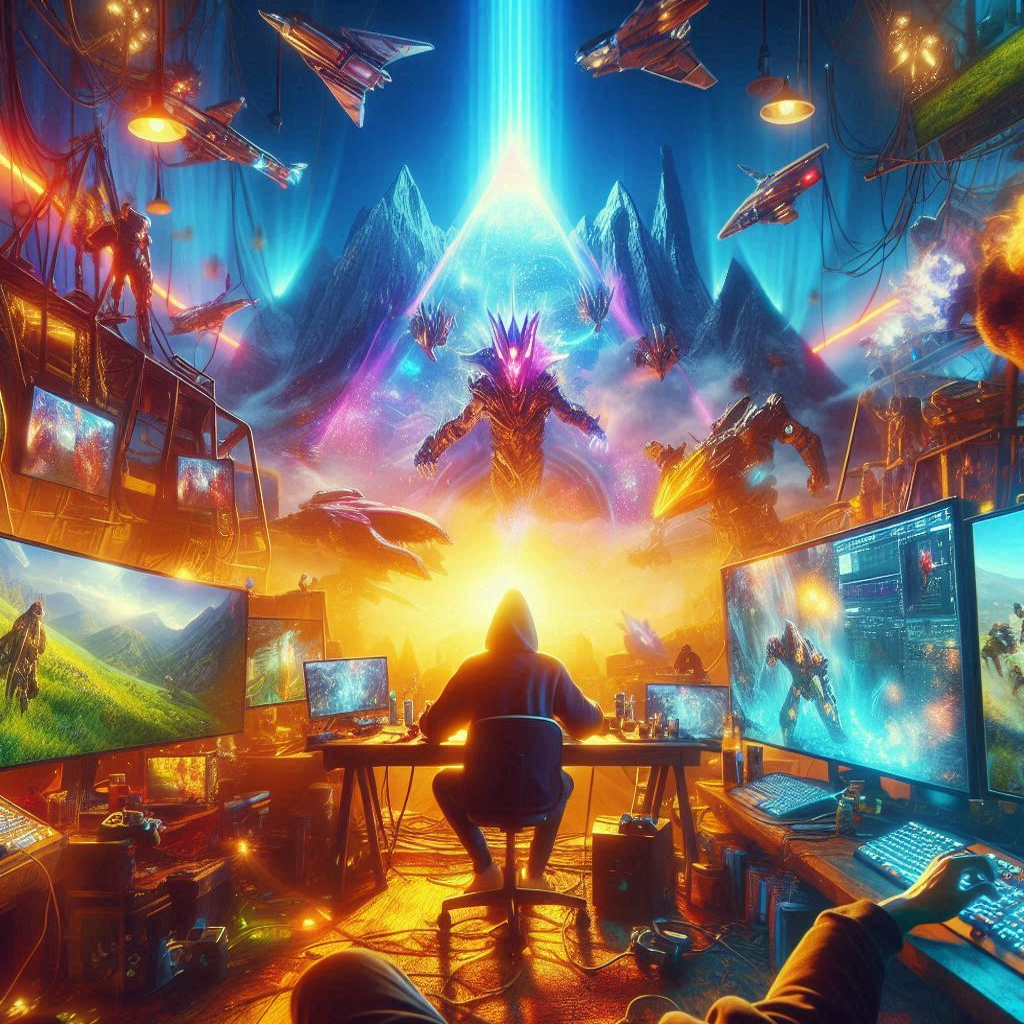Activision Blizzard: A Brief Overview
Activision Blizzard is one of the largest video game companies in the world, known for popular franchises like Call of Duty, World of Warcraft, and Overwatch. Its rise in the gaming industry is a fascinating story of innovation, strategic acquisitions, and deep connections with the gaming community.
The Origins of Activision Blizzard
Activision was founded in 1979 as the first independent video game publisher. It started as a company focused on developing games for Atari consoles. Blizzard Entertainment joined the scene in 1991 with games like Warcraft and Diablo.
The Merger: A Game Changer
In 2008, Activision and Blizzard merged, forming Activision Blizzard. This merger created a powerhouse in the gaming industry, combining Activision’s expertise in publishing with Blizzard’s talent for game development.
Factors Behind Activision Blizzard’s Dominance
1. Strong Game Franchises
Activision Blizzard is known for many successful franchises:
- Call of Duty: A series that has dominated first-person shooters since 2003.
- World of Warcraft: An MMORPG (Massively Multiplayer Online Role-Playing Game) that has millions of subscribers around the world.
- Overwatch: A team-based multiplayer shooter that gained a massive following shortly after its release.
2. Community Engagement
Activision Blizzard has placed a significant focus on engaging with its player base. Regular updates, expansions, and hosting eSports events have built a loyal community. As one expert noted:
“The key to their success has been how they engage with players and adapt to their needs.”
3. E-Sports and Competitive Gaming
The company has heavily invested in eSports, elevating competitive gaming into a mainstream phenomenon. Events like the Overwatch League showcase top players and teams, attracting huge audiences.
Challenges Faced by Activision Blizzard
1. Controversies and Backlash
Despite its success, Activision Blizzard has faced serious challenges, including:
- Allegations of workplace harassment and discrimination.
- Backlash from fans about game changes, such as those in World of Warcraft.
2. Competition
The gaming industry is highly competitive, with companies like Electronic Arts, Ubisoft, and newcomers vying for the attention of gamers.
3. Adaptation to Change
With trends shifting toward mobile gaming and free-to-play models, Activision Blizzard must adapt its business strategies to stay relevant.
Possible Solutions to Current Challenges
- Improving Workplace Culture: Addressing workplace issues transparently and implementing better support systems.
- Enhancing Community Relations: Actively listening to fan feedback and making necessary adjustments to games.
- Diversifying Game Portfolio: Investing in new genres and platforms, including mobile gaming.
The Future of Activision Blizzard
With its strong legacy and commitment to innovation, Activision Blizzard is poised to remain a dominant force in the gaming industry. However, it will need to navigate challenges carefully to continue its growth.








